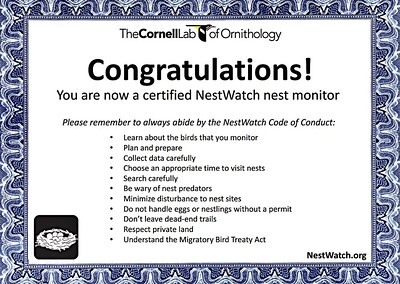The Hechinger Report published an interesting article last month regarding certifications and credentials. It appears they confuse prospective employers. The article quoted one hiring manager as saying, “Unless it’s an actual degree, I can’t accept the certification at face value.”
Ouch. That seems to be one thing certificate schools like Washtenaw Community College may not have counted on. Employers don’t recognize their certificates or don’t value them the same way they value degrees. Right now, there are nearly 1M unique education credentials in the United States. Yes, that’s right – the proliferation of credentials has gotten out of hand. Certifications can include anything from a degree, a professional license or an industry certification to a badge or continuing education credits. So, employers are confused and higher education institutions don’t know what most “credentials” represent.
Certification issuers run the gamut from private, for profit companies to accredited post-secondary education institutions. Few standards among issuers mean that there is no real way to evaluate the quality of a certificate program. Employers cannot tell whether a certificate program has taught prospective employees what they need to know to perform work.
80% of living-wage jobs require at least some post-secondary education, so there is value in going to school. But employers are increasingly unable to distinguish the value of credentials prospective employees present.
WCC has become so proficient at issuing certificates that the US Department of Education no longer classifies WCC as a two-year school. Even though WCC still grants associate degrees, it issues far more certificates – the exact things that confuse employers.
Certifications abound. Clarity does not.
There is value in associate degree programs, and there is value in certificates. But issuing certificates in lieu of associate degrees does not serve the student and apparently, it doesn’t serve the employer. An employer understands that an associate degree required the holder to earn 60 credits. A bachelor’s degree represents at least 120 post-secondary credits. An issue could grant a certificate for 12-30 credit hours of study, or 40 actual hours over the course of 1 week. The holder could have attended a “boot camp” and earned a certificate of completion. The issuer may or may not be accredited. The certificate might only reflect product training.
The community relies on its community college to provide recognizable, understandable, high quality education to its students. The argument that students want to enter the workforce rapidly is understandable, but there are many ways to accomplish that. Pounding out certificates that employers do not understand or value does not serve the community.
Photo Credit: Robert Pruner, via Flickr





